
In conversation with Dikendra Dhakal and Achyut Paudel
Dikendra Dhakal (Program Director Back to Life Nepal) and Achyut Paudel (Finance Director Back to Life Nepal) have been by Stella’s side since the first minute. We look back at the last few years.
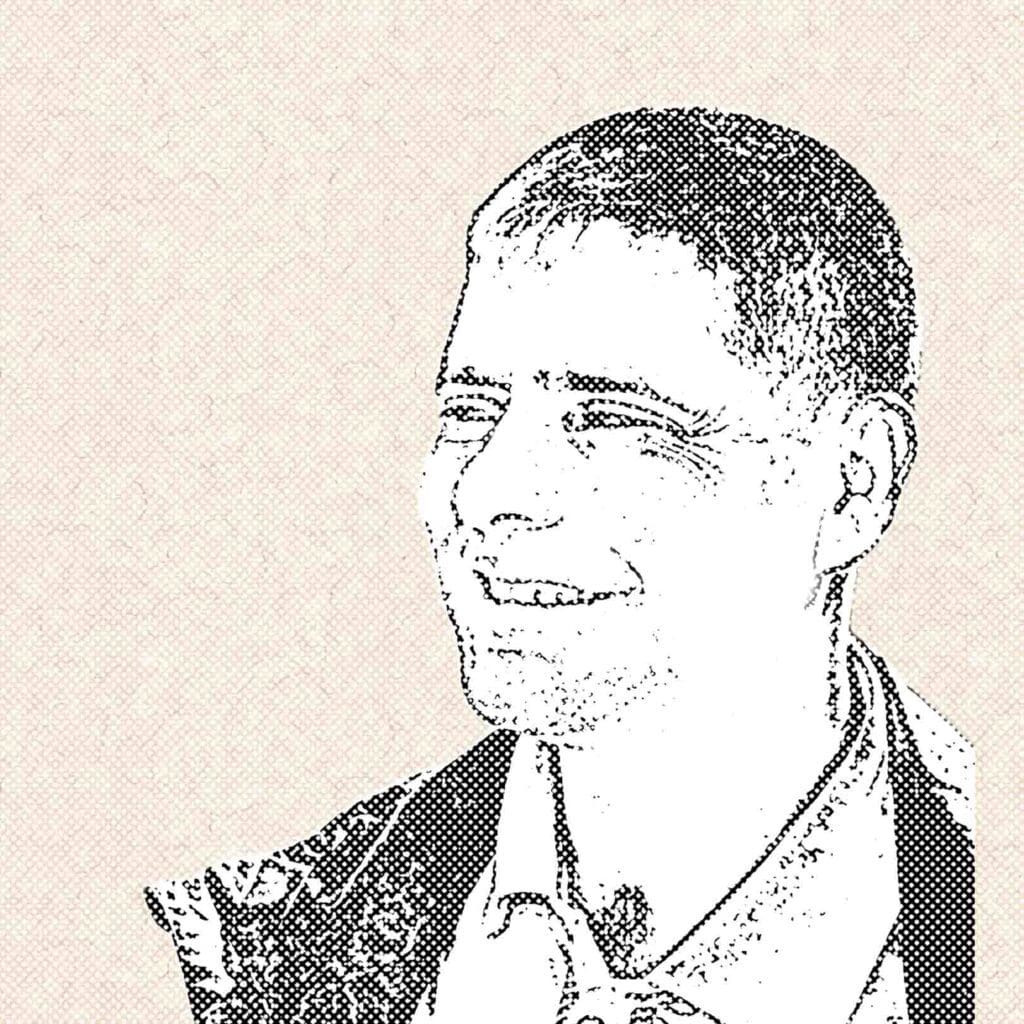
How did you meet Stella, whom you call Tara in Nepal, and what made you trust her – as a stranger in your country?
A: In 2008, we were introduced to each other. Tara already had the idea to help in Mugu and so we traveled there together, got an overview and joined forces. Shortly after, we started our first projects.
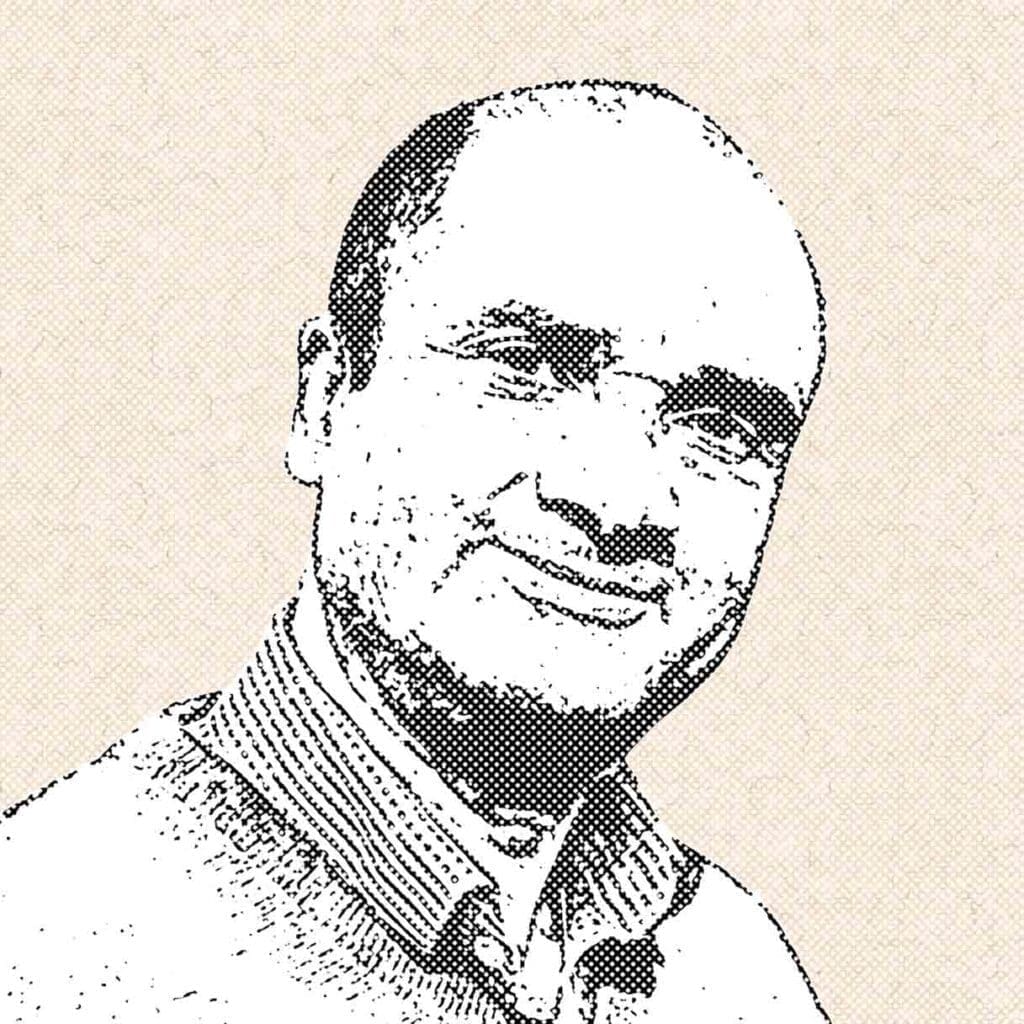
D: We had a lot of conversations with Tara and realized that we as Nepali really have a voice at Back to Life. We felt empowered, not just employees at the end of the chain of command. With Back to Life, we can change the circumstances in our country for the better in the long term. Tara completely understands our culture. Outwardly she is a German, but her heart and soul are Nepali, if not global.
Did you expect Back to Life to be so successful in Nepal or was the development a surprise to you?
A: We all didn’t dare to dream that big. In recent years, we have grown much faster and bigger than we ever thought we could. Tara has a strong will. All the goals she strives for, she achieves. After the earthquake, she collected much more donations than expected and we were able to build 10 schools in the earthquake area. That was a very important milestone. The same was repeated in the Corona crisis when Nepal was temporarily considered the most affected country in the world.
What are the milestones of Back to Life for you?
D: The success of our birth center project in Mugu is an important milestone in Back to Life’s history. To be able to establish this innovative idea in the remote area and give people a way out, with respect to their cultural realities.
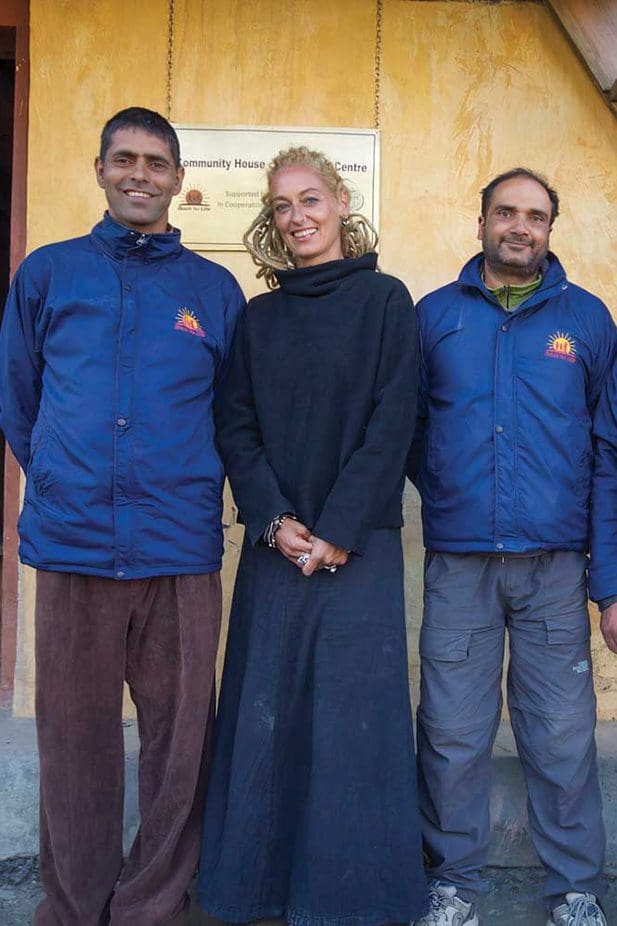
When you look back, what moment in the history of Back to Life stands out in your memory?
A: For me, it is unforgettable that the three of us met and fate brought us together to help people in need.
D: I totally agree!
What does the Nepalese government think of Back to Life’s work? Are there obstacles in your way?
D: Our work in the remote areas, which leaves clear traces there for the improvement of the infrastructure and thus the living conditions, is highly appreciated by the official side. It is much more difficult to carry out projects in the high mountains than in the lowlands. That is why we have already received several awards and our work is constantly receiving honorable mention in ministries as well as in the local media. No obstacles are placed in our way, although the bureaucratic path from project proposal to its permission for implementation is demanding.
“We didn’t dare to dream that big.”
What do your families say about what you do at Back to Life? The reason I ask is because your work is more time consuming than a normal job and the trips to Mugu are risky.
D: My family often misses me very much. Especially during festivals – and in Nepal we have many festivals. At the same time, they understand and support me. Even when I’m out in the mountains of Mugu and can’t talk to them on the phone or when I’m working late at night.
A: It’s the same with me. My family supports and misses me. But at the same time, they are proud because I save many lives with my work. Our wives have our backs and our kids get a whole new perspective on life and its possibilities!
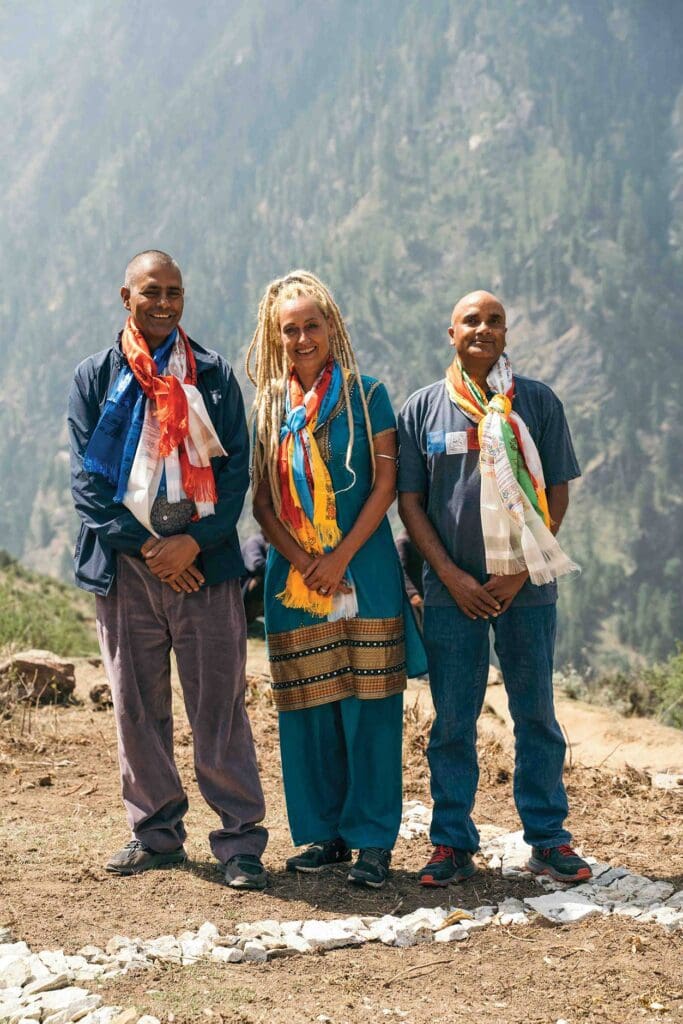
Your work is very successful. However, there is also a downside. What keeps you balanced when you encounter tragic fates?
A: We know that we always give over 100 percent and our best. If something bad happens, we accept it. There are things in life that are so and we accept them – without resistance.
Have you ever thought about quitting?
A: No, never. I really love working for Back to Life. We build schools, birthing centers, water systems, save lives, and it makes us feel good, which makes us sleep contentedly through the night.
What is Back to Life’s greatest strength? How is Back to Life different from other organizations?
A: We have both worked for other organizations before, so we feel the difference all the more clearly. Back to Life does not conduct desk projects that are conceived in the West and then imposed on Nepal; rather, our projects grow out of the needs and opportunities of our country and culture. To put it in modern terms: we have grown organically and one project meshes with the other, together they make up the big picture that is Back to Life today.
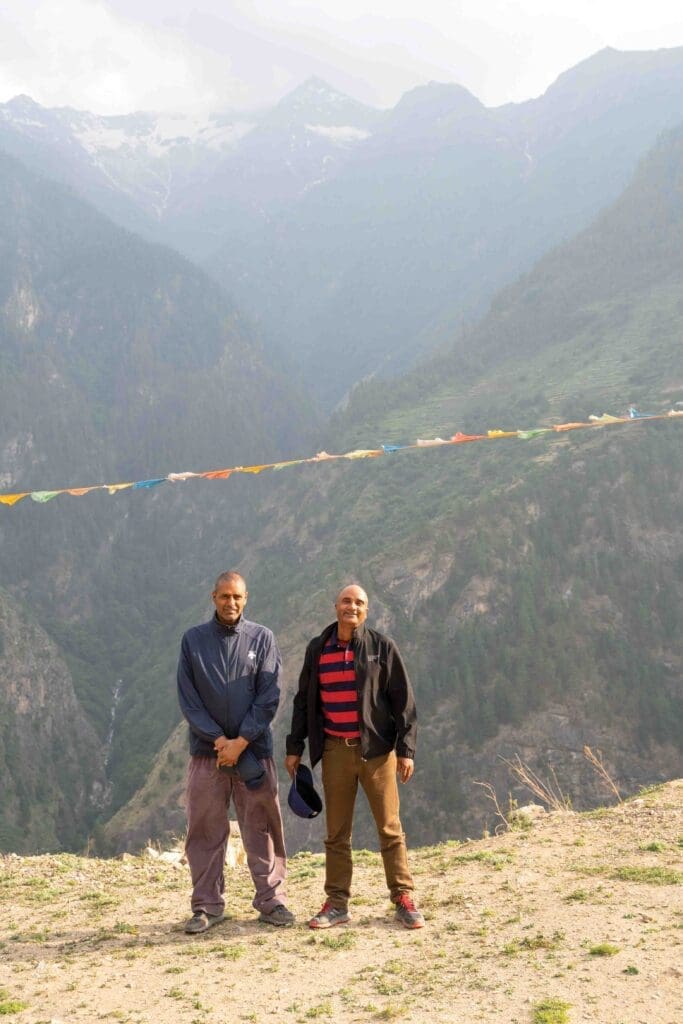
D: Our programs are a wonderful combination of heart and mind. We are very flexible and help those in need by crossing boundaries that others have previously shied away from. It is our heart and passion that make us special.
What would you be working on if you weren’t at Back to Life? What would be your other passion?
D: But that’s just a rhetorical question now. I’m definitely sticking with Back to Life. Otherwise, I would be in a peaceful place, reading and writing books.
A: I can’t imagine my life without Back to Life. This is my last job! The three of us wake up every morning thinking about Back to Life and go to sleep thinking about Back to Life. We are Back to Life and we live Back to Life!
Thank you, Achyut and Dikendra, for the open conversation!